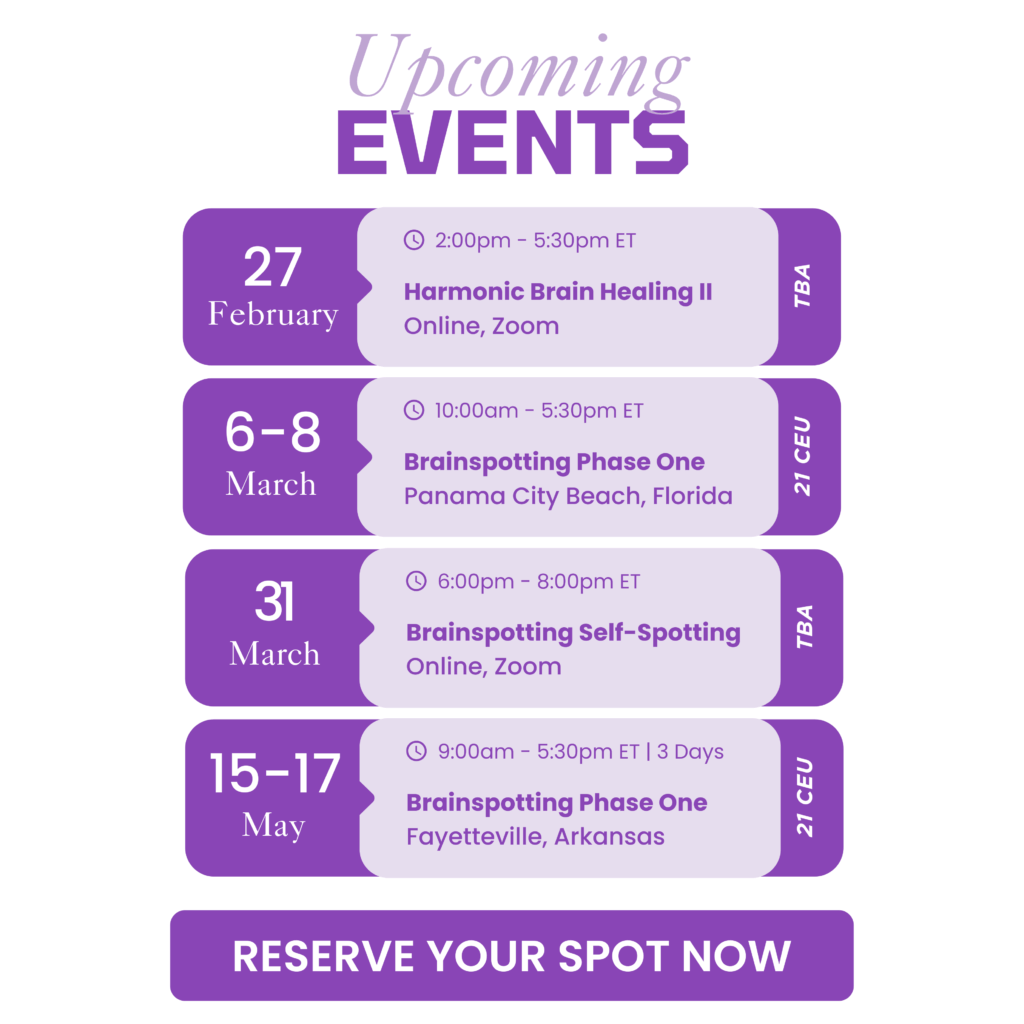Attachment Styles and Finances
 As a therapist, you work with your clients to help them build a healthy relationship with themselves, their pasts, the people in their lives, and their present situations. You create a comfortable space for your clients to talk through their issues, leading them down a path to self-discovery and awareness. You may even approach matters concerning attachment styles. But have you examined yours? And, how about finances? Do you bring up topics on finances in therapy? If so, how? If not, why not?
As a therapist, you work with your clients to help them build a healthy relationship with themselves, their pasts, the people in their lives, and their present situations. You create a comfortable space for your clients to talk through their issues, leading them down a path to self-discovery and awareness. You may even approach matters concerning attachment styles. But have you examined yours? And, how about finances? Do you bring up topics on finances in therapy? If so, how? If not, why not?
Have you ever considered that our attachment styles are directly reflected in our finances?
 As you likely know, your attachment style affects how you interact in all your relationships- with yourself, friends or family, and your finances. As you experience life, your attachment style develops to help you stay connected and healthy. Every experience- from childhood to adulthood- can affect your attachment style. Taking the time to examine your attachment style can bring a whole new level of self-awareness into your relationship with money.
As you likely know, your attachment style affects how you interact in all your relationships- with yourself, friends or family, and your finances. As you experience life, your attachment style develops to help you stay connected and healthy. Every experience- from childhood to adulthood- can affect your attachment style. Taking the time to examine your attachment style can bring a whole new level of self-awareness into your relationship with money.
Whether it is our friends, family, partner/spouse or the car we drive, the place we live, our favorite mug, or money, it is all about an exchange of connection. How we connect is directly impacted by our attachment style. Let’s reflect on your style and then move more into attachment styles and finances.
Are you secure attachment?
 Those who have a secure attachment style are generally able to develop and maintain healthy relationships. Those with a secure attachment style will find themselves able to express their emotions in a healthy way, can trust and rely on their partners, and can be someone their partners can trust and rely on, as well.
Those who have a secure attachment style are generally able to develop and maintain healthy relationships. Those with a secure attachment style will find themselves able to express their emotions in a healthy way, can trust and rely on their partners, and can be someone their partners can trust and rely on, as well.
Adults with a secure attachment are able to build relationships full of honesty, compassion, and openness. They can develop a healthy balance of being with their partner while maintaining an identity outside the relationship. They thrive whether they are single or in a relationship.
Those with a secure attachment do not need to depend on others for approval as they have developed a secure and healthy relationship with themselves. Their communication skills allow them to work through conflicts with others in a healthy and effective way.
 Are you anxious/preoccupied attachment?
Are you anxious/preoccupied attachment?
Those who have an anxious/preoccupied attachment style tend to develop an intense dependency on the people around them. Their relationships are vital to their view of themselves, which is why they tend to develop intensely close relationships with their loved ones. Those with an anxious/preoccupied attachment tend to have a negative view of themselves, viewing their romantic partners as their “better half.”
Those with an anxious/preoccupied attachment struggle with an intense fear of abandonment and worry that they are more invested in their partners than their partner is in them. They are extremely uncomfortable with being alone and find themselves depending on others for approval and support.
When the person with an anxious/preoccupied attachment receives enough attention from their partner, they are able to feel comfortable in the relationship. However, if they don’t feel enough intimacy or support in their relationship, they may begin to act clingy and desperate for love and attention.
Are you avoidant/dismissive attachment?
Those who have an avoidant/dismissive attachment tend to avoid depending on anybody for anything. They are fiercely independent and avoid developing deep emotional attachments with other people.
Avoidant/dismissive adults have a positive view of themselves but don’t tend to trust other people. They fear depending too much on others or having others depending too much on them and scoff at the thought of seeking approval from others.
This fear prevents them from developing a strong emotional bond with anybody, which is why they tend to be loners and maintain their independence. They can often appear cold and distant in their relationship with others and do not believe intimacy in relationships to be important or necessary.
 Are you disorganized/fearful-avoidant attachment?
Are you disorganized/fearful-avoidant attachment?
Those with a disorganized/fearful-avoidant attachment tend to have incredibly confusing emotions and feelings about their relationships. They are constantly conflicted between wanting to feel loved and supported and feeling fearful of trusting or depending too much on others.
Adults with this type of attachment style tend to avoid developing deep relationships due to a fear of being hurt by others. As a result, their actions in their relationships can often appear confusing and unstable because their own emotions are a whirlwind of confusion. Those with disorganized/fearful-avoidant attachment tend to have low self-esteem, which plays a massive role in their relationships.
So, what does your attachment style have to do with money? 
When you think about it, your attachment style likely plays a huge role in your relationship with money. The confidence, the order, the attention you give to yourself and others likely reflects the confidence, order, and attention you give to your finances. Let’s take a look at how the different attachment styles may view money.
- Secure Attachment. Adults with a secure money attachment style are more able to feel comfortable with the money they have. They often have the confidence to know they are capable of managing challenging financial situations. They are also more likely to have a balance between what they spend and what they save.
- Anxious/Preoccupied Attachment. Adults with an anxious/preoccupied attachment are hyper-aware of the situation they are in with money. This can be a great habit to help them reach their financial goals, but their lack of confidence in themselves can create a formidable obstacle they must first overcome. It can also lead to challenges regarding their spending, giving, and saving.
- Avoidant/Dismissive Attachment. Adults with an avoidant/dismissive attachment tend to close themselves off to financial opportunities that may benefit them as they deal with an over-confidence in themselves to scrape their finances together alone.
- Disorganized/Fearful-Avoidant Attachment. Those with a disorganized/fearful-avoidant have such low confidence in themselves regarding money that they avoid thinking about their finances at all. This tendency to avoid thinking about their financial situation can prevent them from thriving financially.
 With one side of the therapy world screaming at you that the work isn’t all about the finances and the other side shouting about their dreams of being filthy rich, it can be hard to find some good advice for a healthy relationship to your finances. This is why we have created The Embodying Financial Flow Intensive Group Experience—an experience to help those in a helping profession begin their journey to a healthy relationship to their finances without judgment.
With one side of the therapy world screaming at you that the work isn’t all about the finances and the other side shouting about their dreams of being filthy rich, it can be hard to find some good advice for a healthy relationship to your finances. This is why we have created The Embodying Financial Flow Intensive Group Experience—an experience to help those in a helping profession begin their journey to a healthy relationship to their finances without judgment.
Resources:
https://www.attachmentproject.com/blog/four-attachment-styles/
https://www.verywellmind.com/what-is-attachment-theory-2795337








